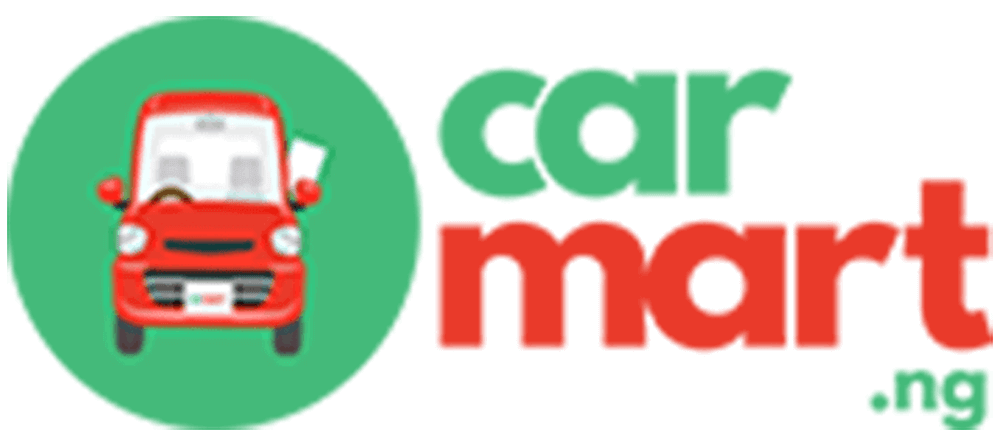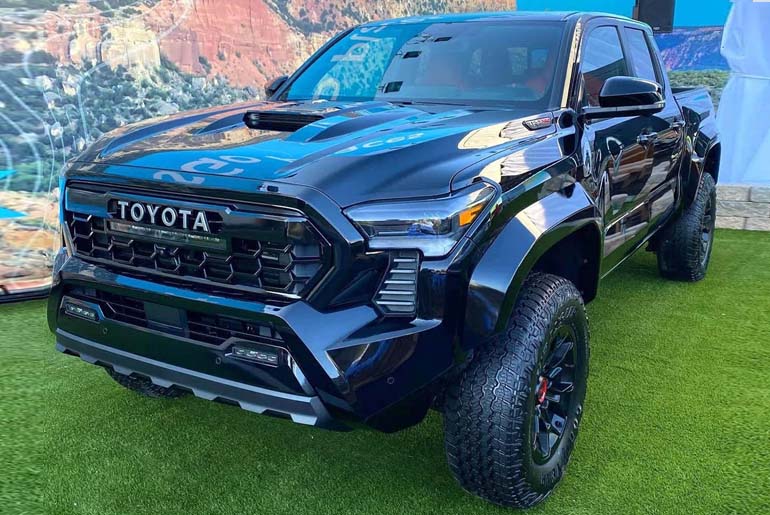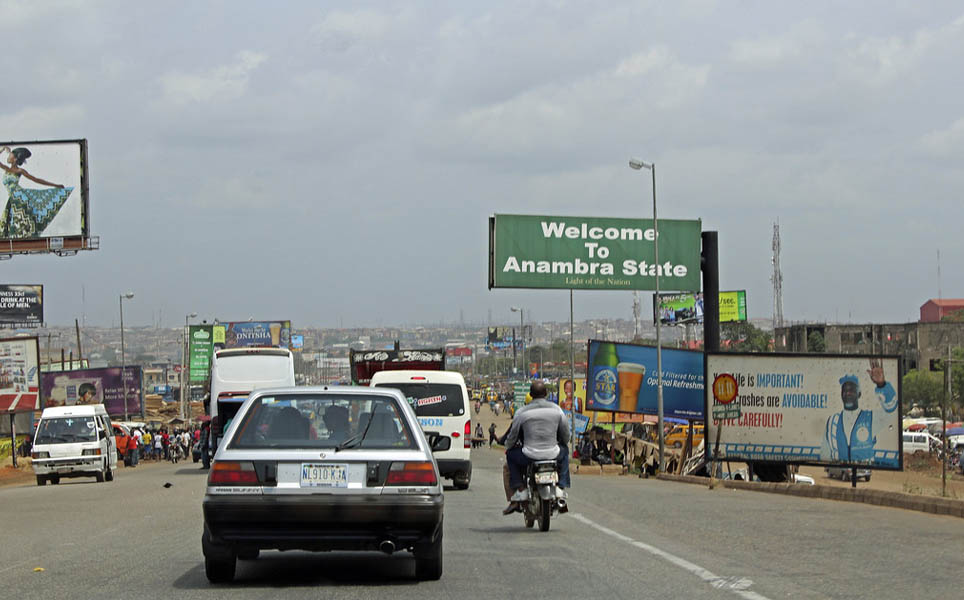When purchasing a car, it is important to ensure that the car is not stolen to avoid any future legal issues. Even though car theft isn’t very rampant these days, a car is too big a financial commitment not to be cautious about. You should always check for the authenticity of a car and the buyer before purchasing one, especially when buying a tokunbo or a Nigerian used car.
Table of Contents
In this article, we will look at 6 reliable steps to check if a car is stolen.
Have 1 million naira and above to Buy or Sell Cars In Nigeria?Check carlots.ng RIght Now RIght Now
1. Perform a Vehicle Identification Number (VIN) Check
Every car has a unique number known as the Vehicle Identification Number (VIN). This number is used for tracking the vehicle’s history, so it can tell you if the car is stolen. The VIN is made up of 17 characters and is like the car’s Social Security Number. The VIN is usually found in several places: the bottom-left of the windshield, the driver’s side door frame, the lower-left corner of the dashboard in front of the steering wheel, where the hood latch mounts to the top of the hood, and the engine block.
To check if a car is stolen, you can follow these steps:
1. Locate the VIN: Check the spots mentioned above to ensure the VIN matches.
2. Verify with Authorities: In Nigeria, you can visit a police station or contact the Nigeria Police Force to see if the VIN is listed as stolen.
3. Use Online Services: Websites like AutoCheck, Carfax, or the FRSC offer VIN checks to provide vehicle history, including theft reports. Always confirm the VIN yourself rather than just relying on the seller’s information to ensure you’re buying a legitimate vehicle.
2. Perform a check on the car’s registration and ownership documents
In Nigeria, vehicle registration is done by the Federal Road Safety Corps (FRSC) and some other relevant authorities. To ensure a vehicle is not stolen, ask the seller for the registration document and verify it with the FRSC. This can be done online or in person. Look for authenticity features like watermarks and official seals in the documents.
Before making any payments, copy the vehicle identification number and confirm online at the nearest FRSC office if the vehicle was registered in Nigeria. Confirmation is usually done immediately. Always request a written verification from the FRSC, even if they might ask you to pay a fee for it.
Also, check the registration document for any inconsistencies, such as mismatched numbers or vehicle details, and compare them with the VIN and the car itself. In case of any issue, consult authorities like the Vehicle Inspection Office (VIO) or the FRSC for verification.
For Tokunbo cars, ensure the buyer presents genuine customs papers and a receipt of purchase.
3. Verify with the Nigerian Police Force
The Nigeria Police Force usually has a database of reported stolen cars kept up to date in their system. To verify if the vehicle has been stolen, go to a police station and give them the vehicle’s VIN and registration details. They will check this against their list of stolen cars. You can also check online using the Nigerian Police Force (NPF) portal. Just enter the needed information to see if the vehicle has been reported stolen.
4. Conduct a visual examination
It is important to have a professional mechanic inspect the vehicle. When examining a vehicle, they should help you look for signs that indicate
- Tampered VIN Plate: A changed or modified VIN is a strong sign of theft.
- Altered Engine and Chassis Numbers: Ensure these numbers match the registration documents and haven’t been altered.
- Signs of Forced Entry: Look for damage or signs that someone tried to break into the car.
They can also help you detect the car’s overall condition, helping you avoid purchasing a problematic vehicle. Always have a mechanic check a used car before buying it.
5. Outsource inspection services
Use a third-party inspection service that can provide a detailed history and condition assessment of the vehicle. These services usually offer comprehensive reports that include checks on whether the vehicle has been stolen, details about past accidents, and other important information.
6. Run a background check on the seller
Lastly, check the seller’s background to avoid scams and ensure they are legitimate. Verify the seller’s identity. Ensure the seller’s name matches the name on the registration documents, and ask for a government-issued ID. Assess the seller’s reputation. If buying from a dealer, look up online reviews and ratings. For private sellers, ask for references and information about past sales.
Have 1 million naira and above to Buy or Sell Cars In Nigeria? Check carlots.ng
All rights reserved. Reproduction, publication, broadcasting, rewriting, or redistribution of this material and other digital content on carmart.ng is strictly prohibited without prior express written permission from Carmart Nigeria - Contact: [email protected]






